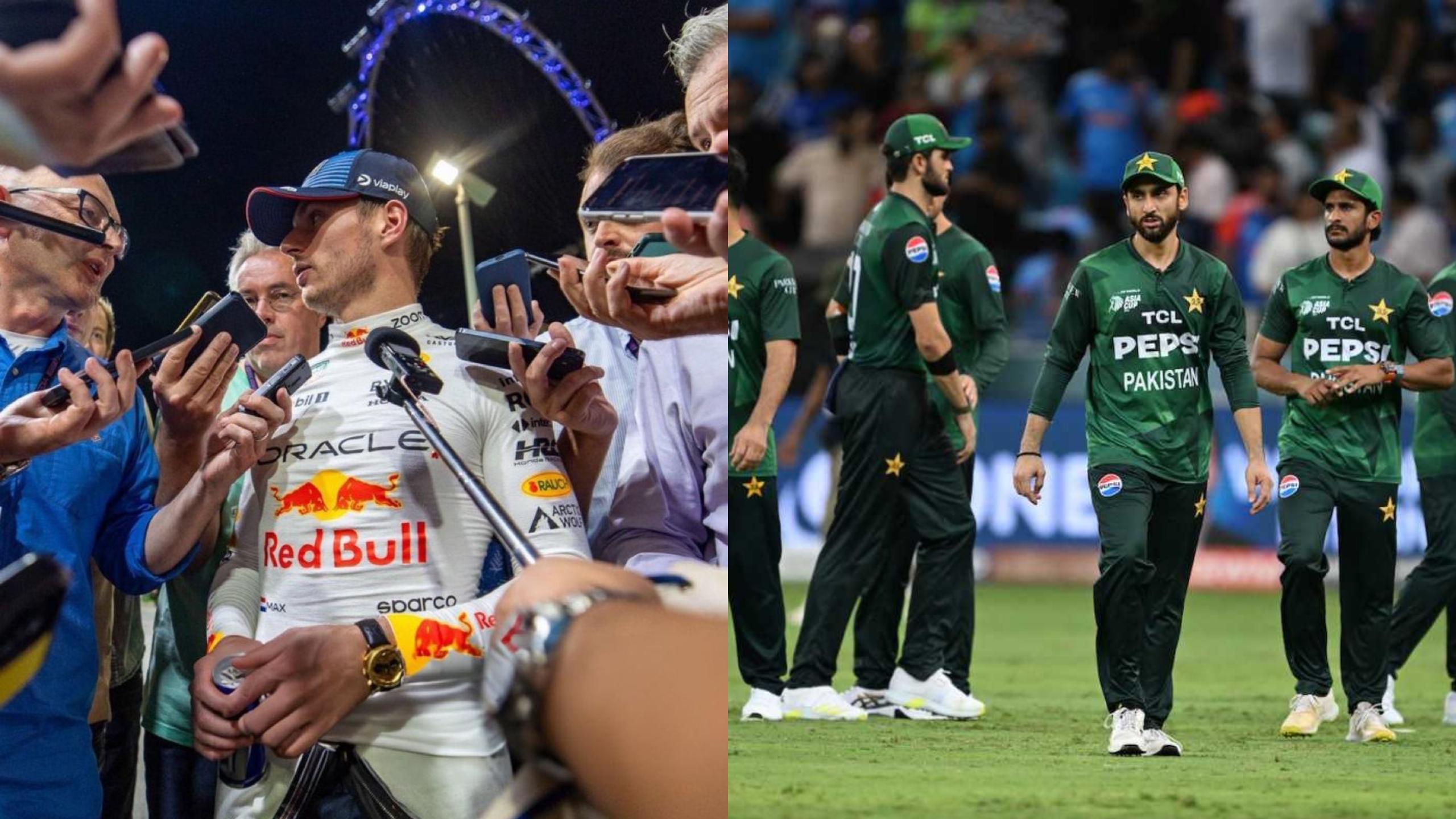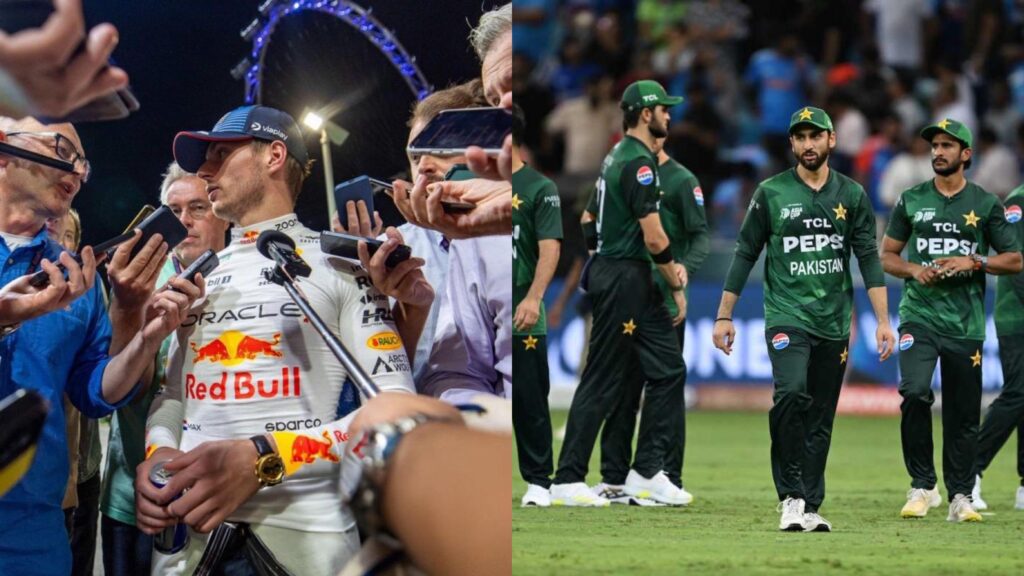
Gargi Raut in Dubai
After the drama that panned out ahead of the Pakistan-UAE game, it has now been reported that Sanjog Gupta, CEO of the International Cricket Council (ICC) is considering taking action against the Pakistan Cricket Board (PCB) over multiple breaches of playing conditions and PMOA regulations during the Asia Cup. Pakistan’s conduct over the past few days has been shocking, to say the least. From refusing to address a press conference, one that was a part of regulations, to forcing a delay due to their decision to pull out of the match against UAE, which was then overturned, the PCB’s handling of the situation has raised serious questions.
Looking at the situation from a journalist’s or broadcaster’s perspective, it is difficult to imagine the chaos that may have ensued when the team refused to attend the pre-match press conference or forced a delay in the game. Just like the athletes on the field, journalists too have tasks – deadlines, immense pressure and the responsibility to deliver timely coverage. Ahead of the Pakistan–UAE game, there were more Pakistani journalists present than any other contingent, and the team’s refusal to meet the press was a disservice to their own media, many of whom had travelled from back home.
To understand how such a situation can be handled more constructively, consider a telling case study from Formula 1. Max Verstappen, the reigning world champion, had been handed a penalty for swearing on the team radio. The team radio is a part of the broadcast, and the audios are used throughout the race to enrich the broadcast and give an insight into the communication between the driver and the race engineer.
Verstappen’s audible obscenity went on air and the driver was subsequently handed a “work of public interest” penalty which he later fulfilled in Rwanda. The entire F1 community was in agreement that the fines/penalties for swearing were unnecessary. The ordeal took place at the Singapore GP, and every race weekend, drivers are required to take part in a mandatory post-qualifying session press conference. Like the Pakistan team, Verstappen too wanted to boycott the official press conference as an act of protest. But he chose a path that didn’t punish the media.
Also Read: Pleasant evening in Dubai, Indian team all smiles at the nets

Although Verstappen took part in the press conference, he gave only “yes” or “no” answers. Initially, the journalists were baffled, until they realised that it was his way of protesting against the penalty. Then, instead of leaving it there, Verstappen stepped outside the press-conference area and called the journalists over for an unscheduled, private session.
Verstappen patiently waited for every journalist to ask a question, and answered them in detail. His thoughtful gesture drew widespread praise from the media, with many reporters publicly thanking him for his consideration. It was a gesture that stood out for journalists who usually feel like an afterthought.
That incident is a lesson for the PCB on how to handle protests graciously. And the contrast is telling. Protests and disagreements have always been a part of sport, but the way that they are expressed defines a team. There are ways to express displeasure while also respecting the ecosystem that sustains the game. Verstappen, with his considerate gesture, proved that dissent and accountability can go hand and hand. And the PCB should take note – you can challenge a decision, and even make a statement, without making your own journalists – and by extension, the fans and the ecosystem – collateral damage.
Also Read: India still have plenty in reserve to prove another point against Pakistan on Sunday





